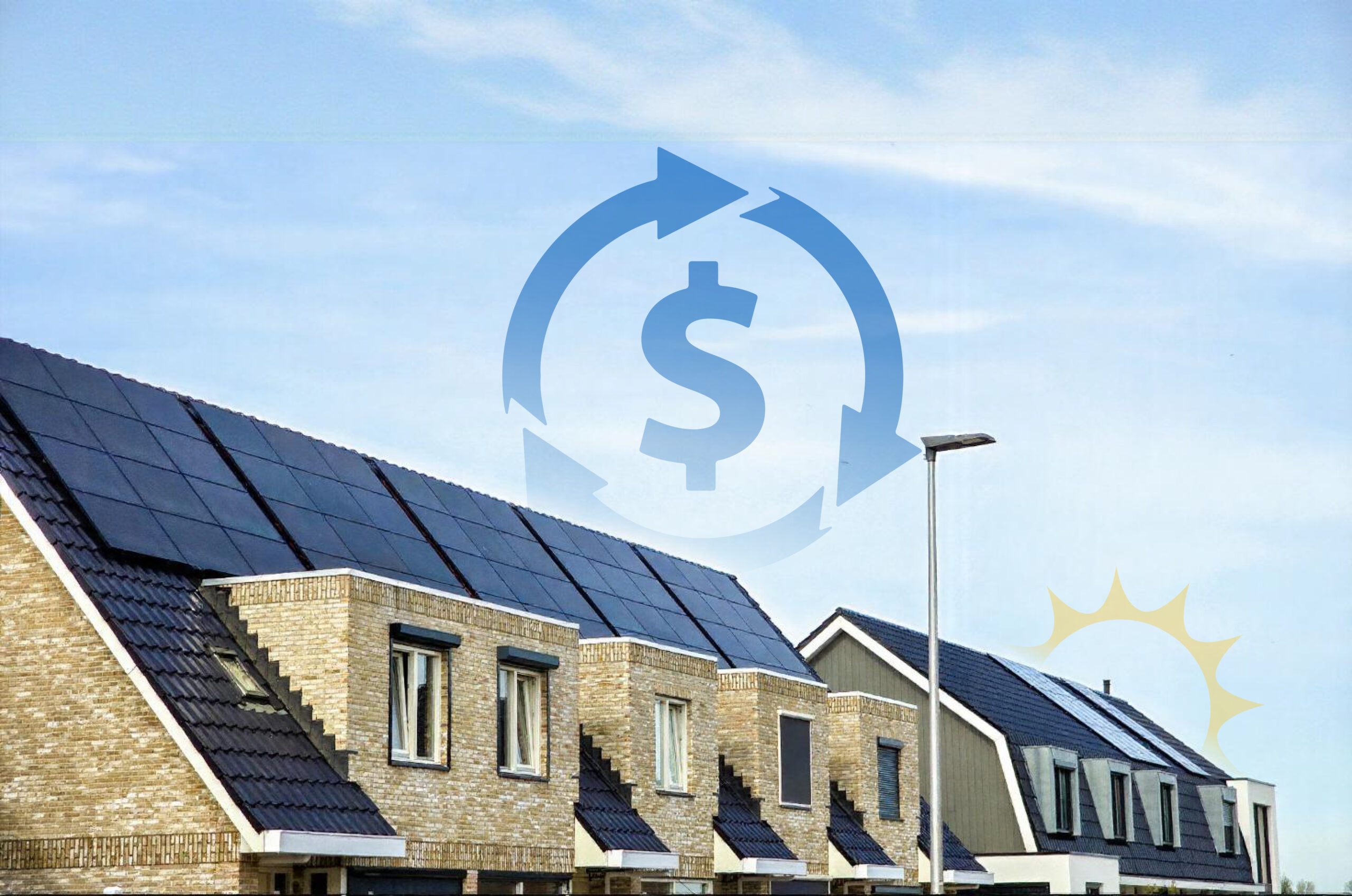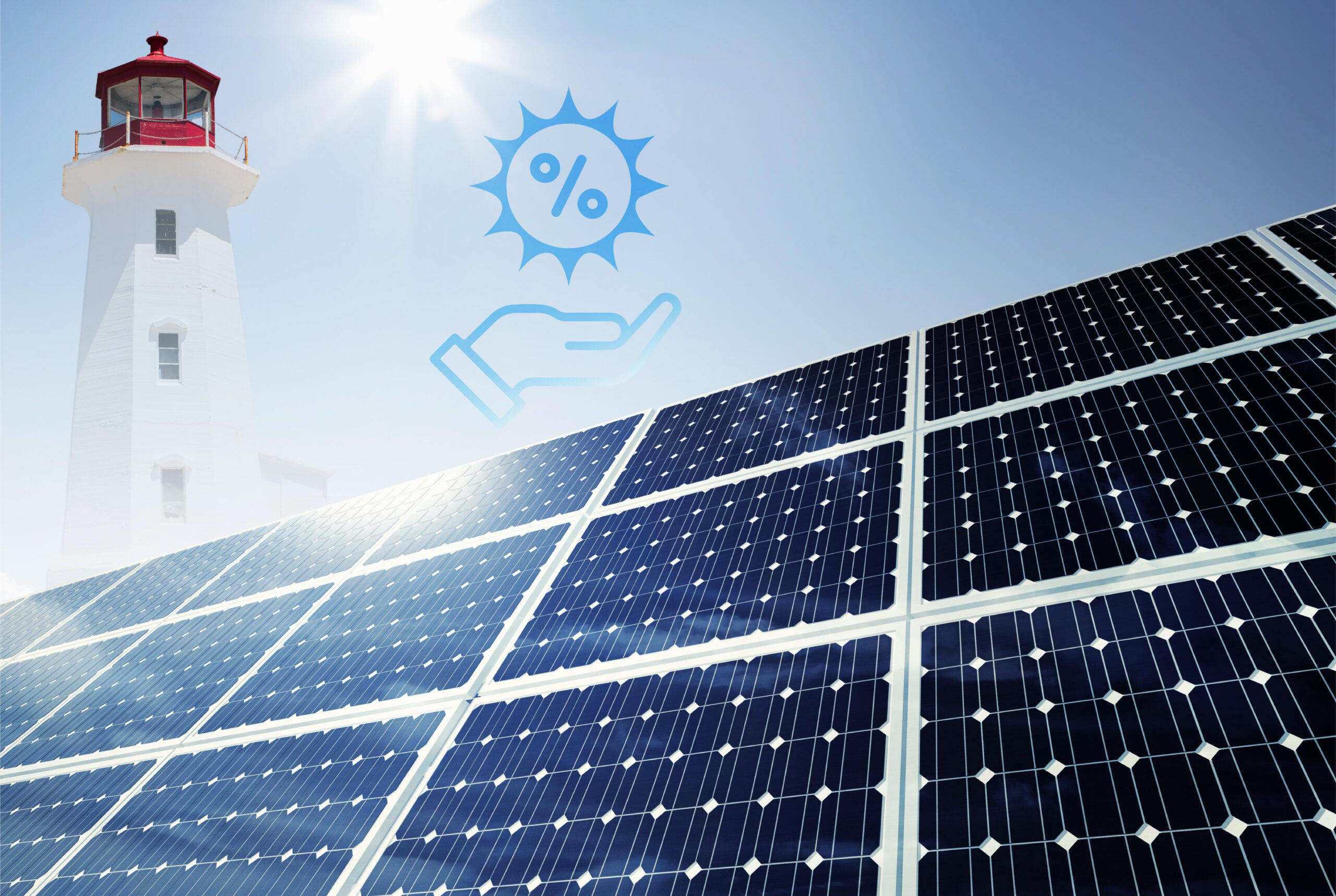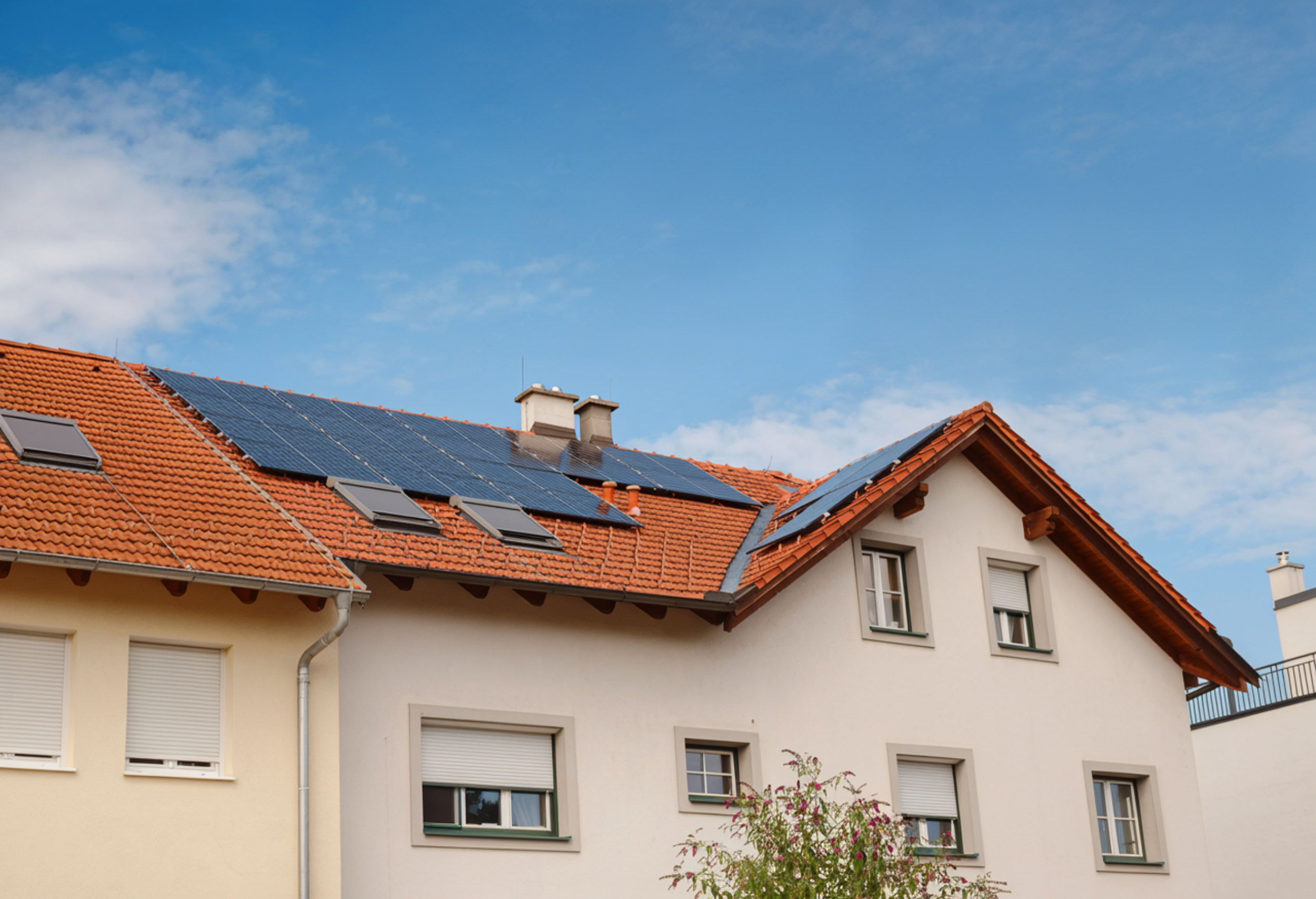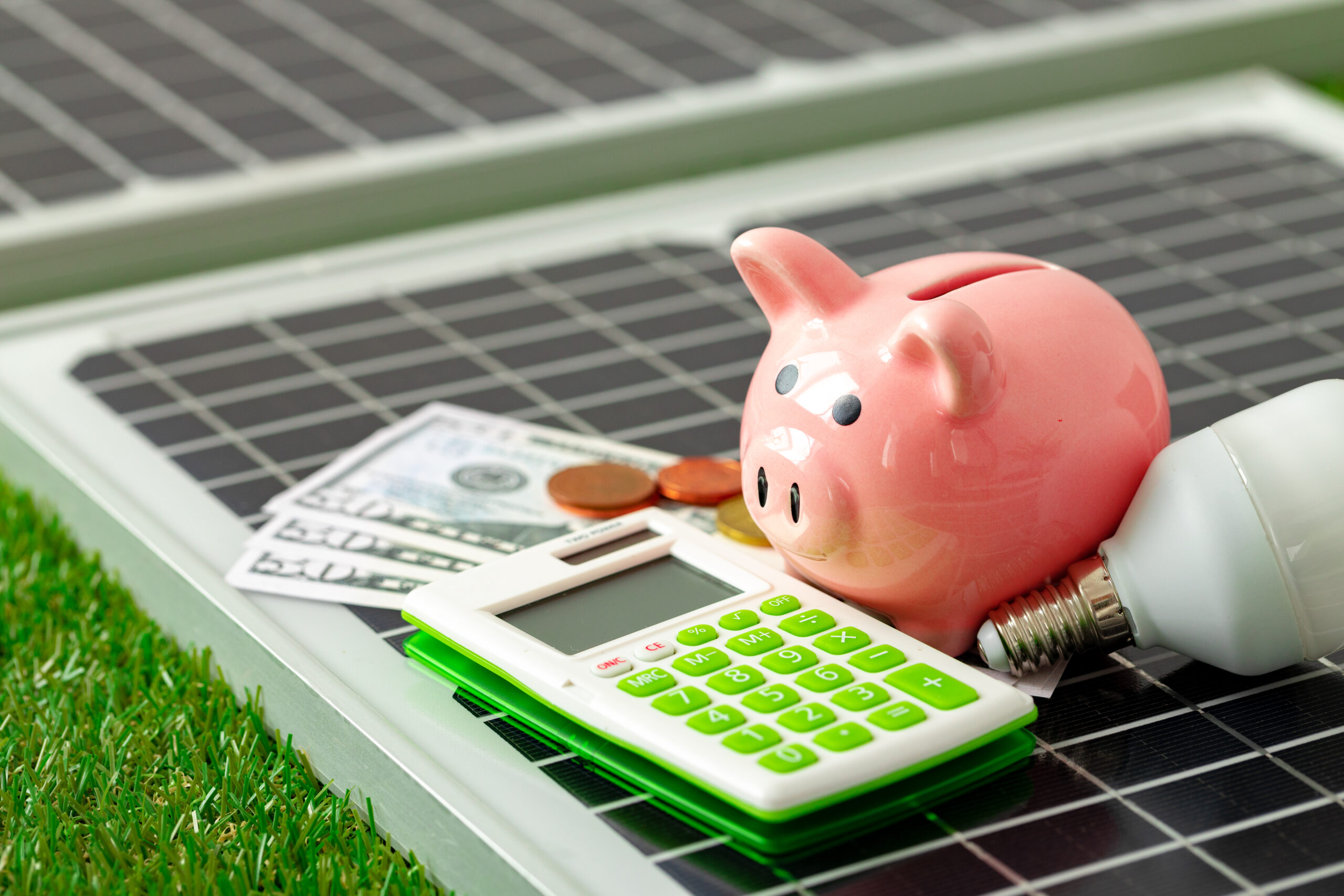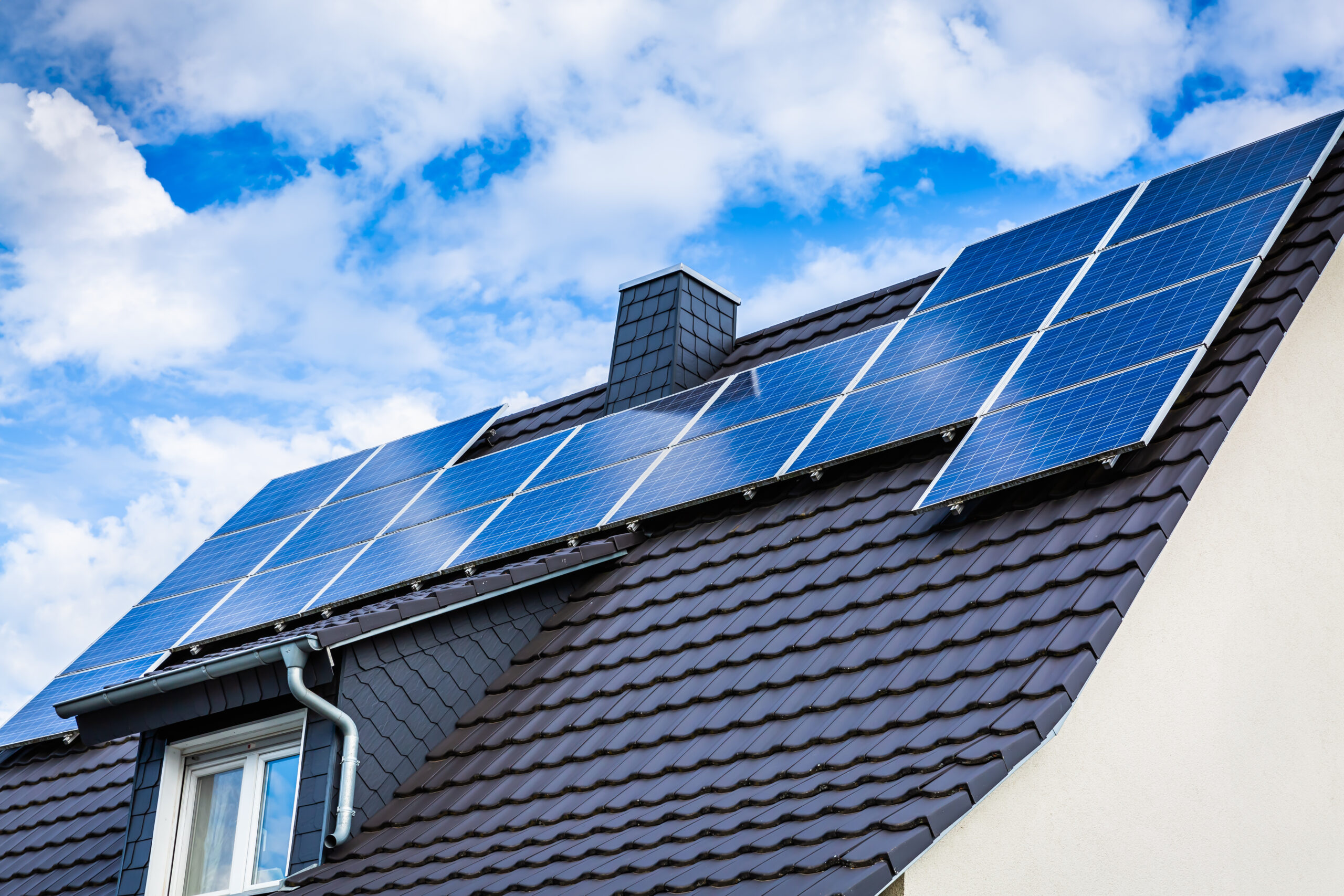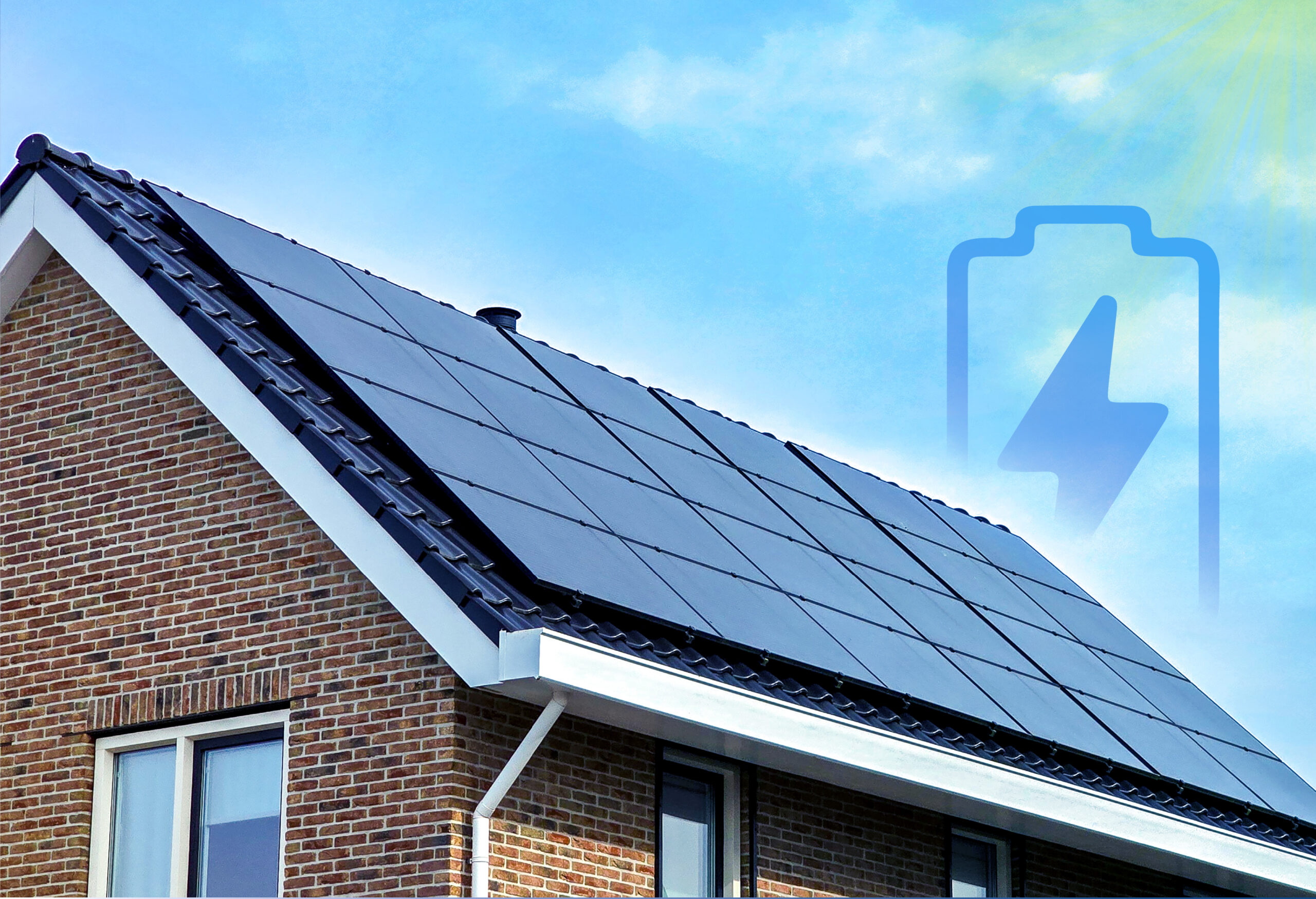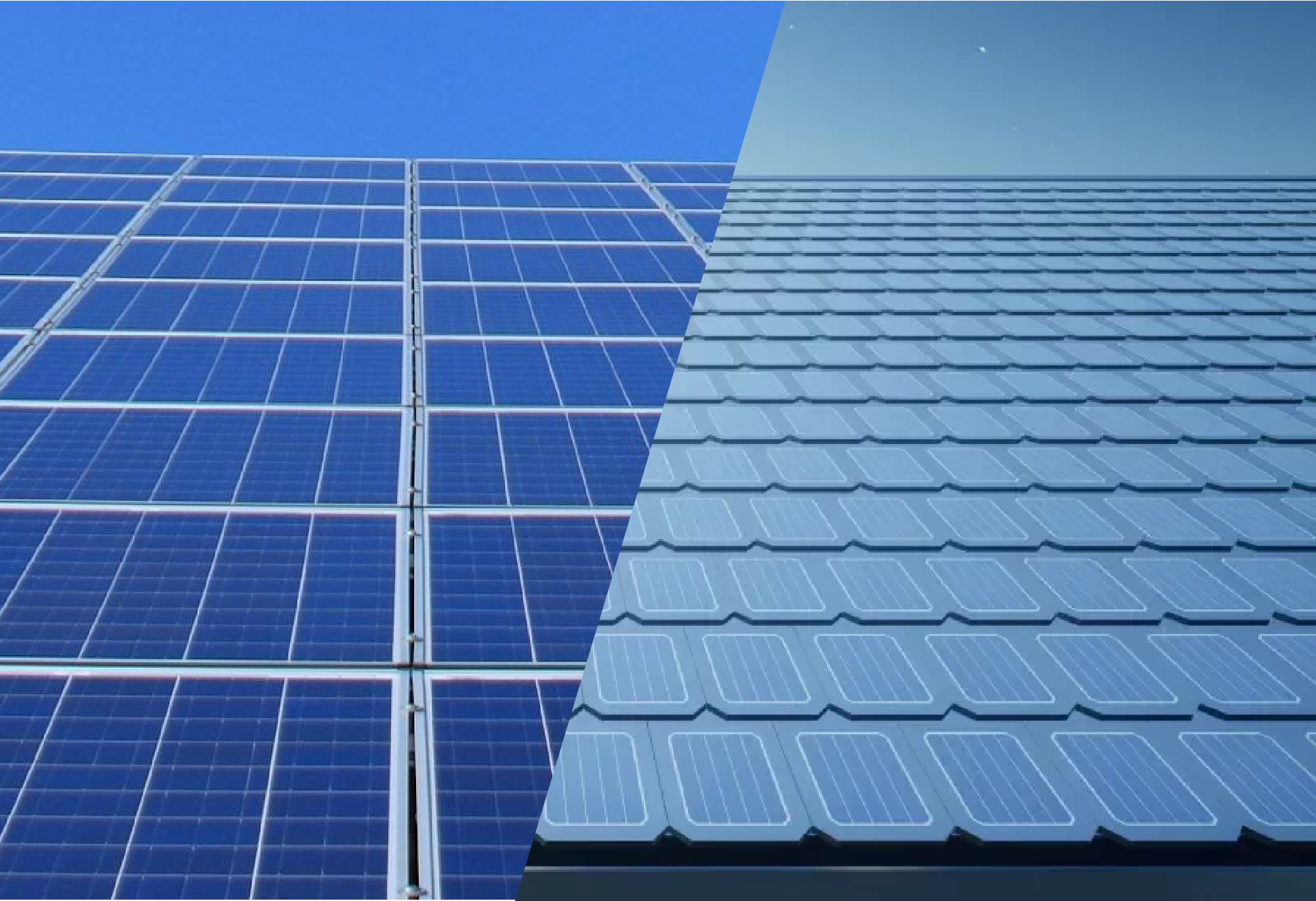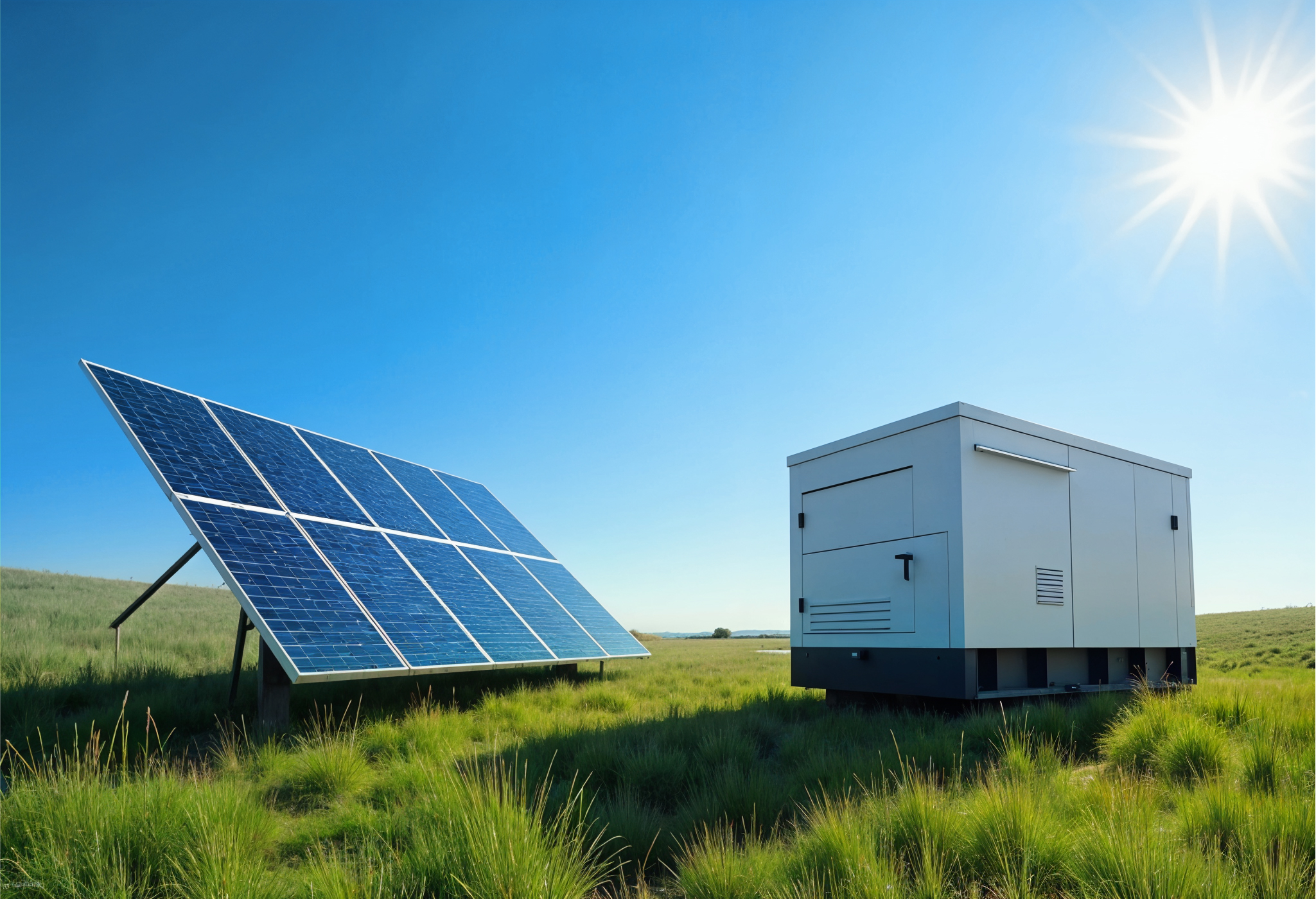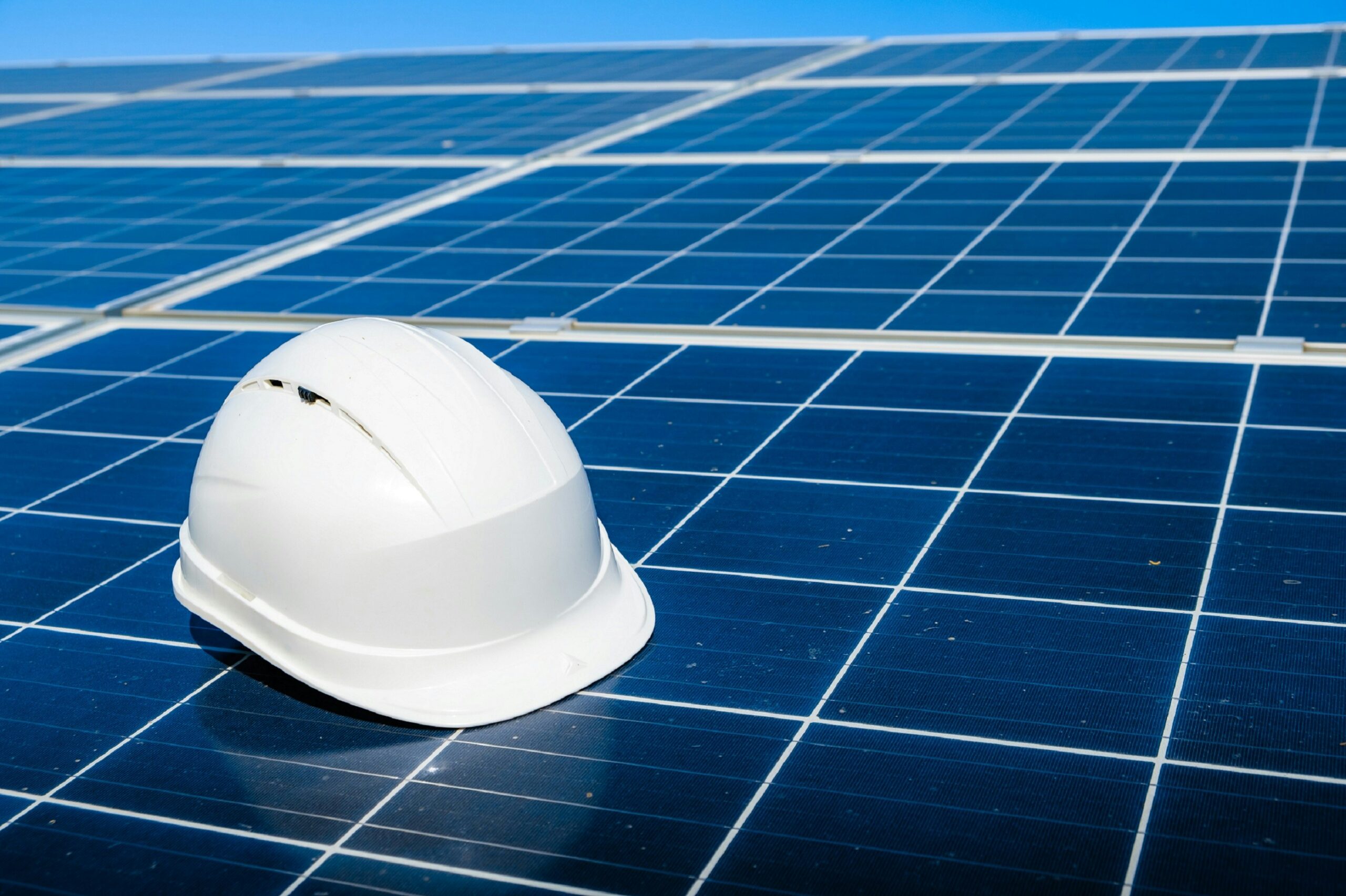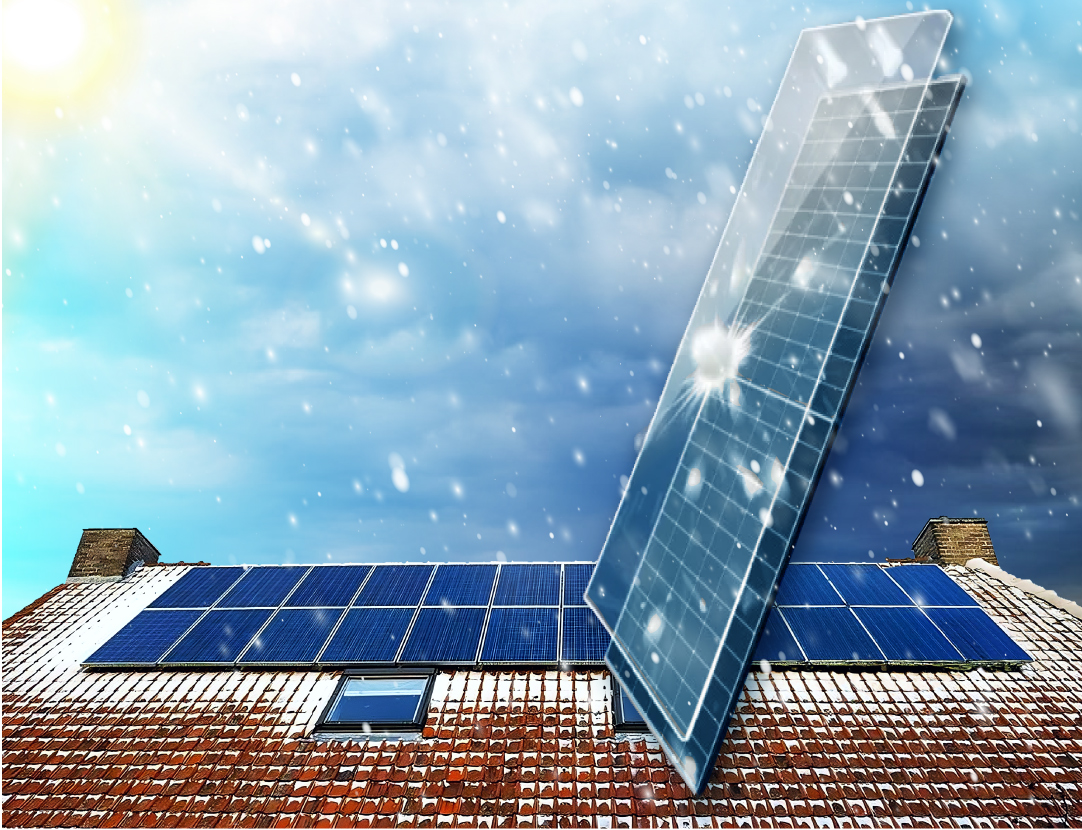Author: Mariela Guanchez
We’ve all dreamed of cutting monthly bills, living greener, and saying goodbye to high electricity costs. Solar panels to power house systems can make this dream a reality. This guide clearly explains residential solar installation, the benefits of solar energy, net metering advantages, and easy tips for powering your home in Nova Scotia.
The Benefits of Solar Energy
Imagine your roof creating all the electricity your home needs. You can still connect to the grid for cloudy days or nights, but your monthly electricity use drops dramatically. Adding batteries can even help you become fully independent. With solar energy for homes, you can save money and protect the environment at the same time.
Want to know more? Check out our guide Solar Panels Versus Solar Roof: Which Is Right for Your Home?.
Sizing Your Residential Solar Installation
To fully power your home, your solar system must meet your yearly energy use, including peak months. Thankfully, Nova Scotia’s net metering let you store credits from sunny months to use during darker winters. For more details on how net metering works and its benefits, check out the provided link.
Not sure about backup options? Read Solar Panels or Generator: Which Backup Power Solution Is Right for Your Home?.
Achieving Energy Independence
- Grid-Tied Systems: Remain connected for backup and use net metering to lower bills dramatically.
- Off-Grid Systems: A larger system with batteries and possibly a generator. This option costs more upfront but frees you entirely from regular electricity bills.
Combine Solar with Heat Pumps or EVs (Electric Vehicles)
Using solar energy for homes becomes even more valuable with electric heating or vehicles. Each kilowatt-hour generated by your solar panels directly reduces fossil fuel use. To understand why solar panels are smart, see Solar Panels or Heat Pump: Why Solar Panels Are the Smarter Choice.
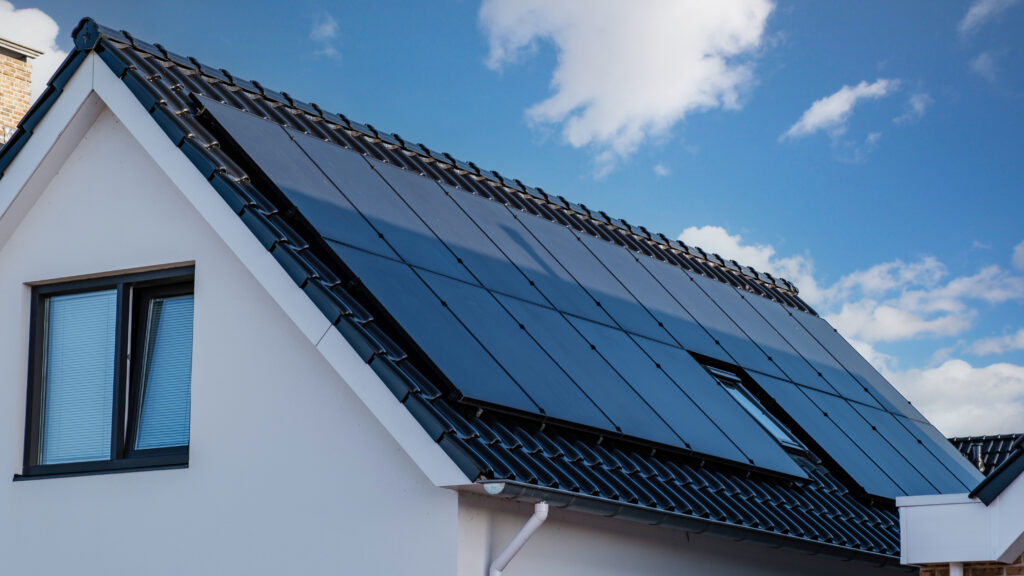
Real-Life Example from Halifax
A Halifax family installed a 12 kW solar system alongside an electric car charger and a heat pump. Over one year, their solar production almost matches their total electricity use. Sunny summers build credits, offsetting higher winter needs. Their monthly bills stay very low—a great example of residential solar installation providing real-world benefits.
Curious about savings? See How Much Money Can You Save with Solar Panels in Nova Scotia?.
Easy Solar Maintenance Tips
Keeping your panels working well is simple:
- Perform quick checks seasonally.
- Clear large debris or snow after storms.
- Use an app to monitor panel performance and quickly spot issues.
For extra help, read Troubleshooting Solar Panels: What to Do When They Stop Working.
Professional Installation is Essential
Even the best solar panels can fail if installed incorrectly. Professional installers ensure proper setup, correct wiring, and effective sealing. Companies like Atlantic Solar understand Nova Scotia’s weather and protect your investment from wind and moisture.
Protecting Your Solar Investment
Maximize your solar panels to power house efficiency by:
- Selecting reliable brands with good reputations.
- Choosing a professional installer.
- Occasionally checking system performance, especially after storms.
For winter preparation, read Maximizing Solar Energy During Nova Scotia’s Winter Months.
Conclusion
Solar panels to power house solutions are achievable and practical in Nova Scotia. Thanks to net metering advantages, local incentives, and improving technology, energy independence is within reach. Whether you aim for lower monthly bills or full independence, each step towards solar energy for homes brings you closer to your goal.

